At the New Zealand Study Abroad Fair recently, a representative of the New Zealand Immigration Agency said that according to statistics for the first 9 months of the year, the rate of granting study visas to Vietnamese students was nearly 84%, higher than the global average. Vietnam is also a country in the group with a high visa success rate and quality records.
Applicants for a student visa must demonstrate financial resources. Students in grades 1 to 13 need at least NZ$17,000 (about VND260 million) per year for a program lasting 36 weeks or longer, or pro rata if the course is shorter. Students need at least NZ$20,000 (VND300 million) per year for a program lasting 36 weeks or longer. (The general education program in New Zealand lasts 13 years, with secondary school running from grades 9 to 13.)
“To increase reliability, applicants need to submit transaction history statements for the last 3-6 months along with a bank balance confirmation, but should not send too many. In fact, some applicants submit up to 1,000 pages of statements, making the review process take a lot of time,” said a representative of the New Zealand Immigration Department.
In addition, the representative of this agency also noted that candidates should submit their student visa applications at least 3 months before the start of the course to ensure the review process. The New Zealand Immigration Department will not prioritize applications based on the date of entry.
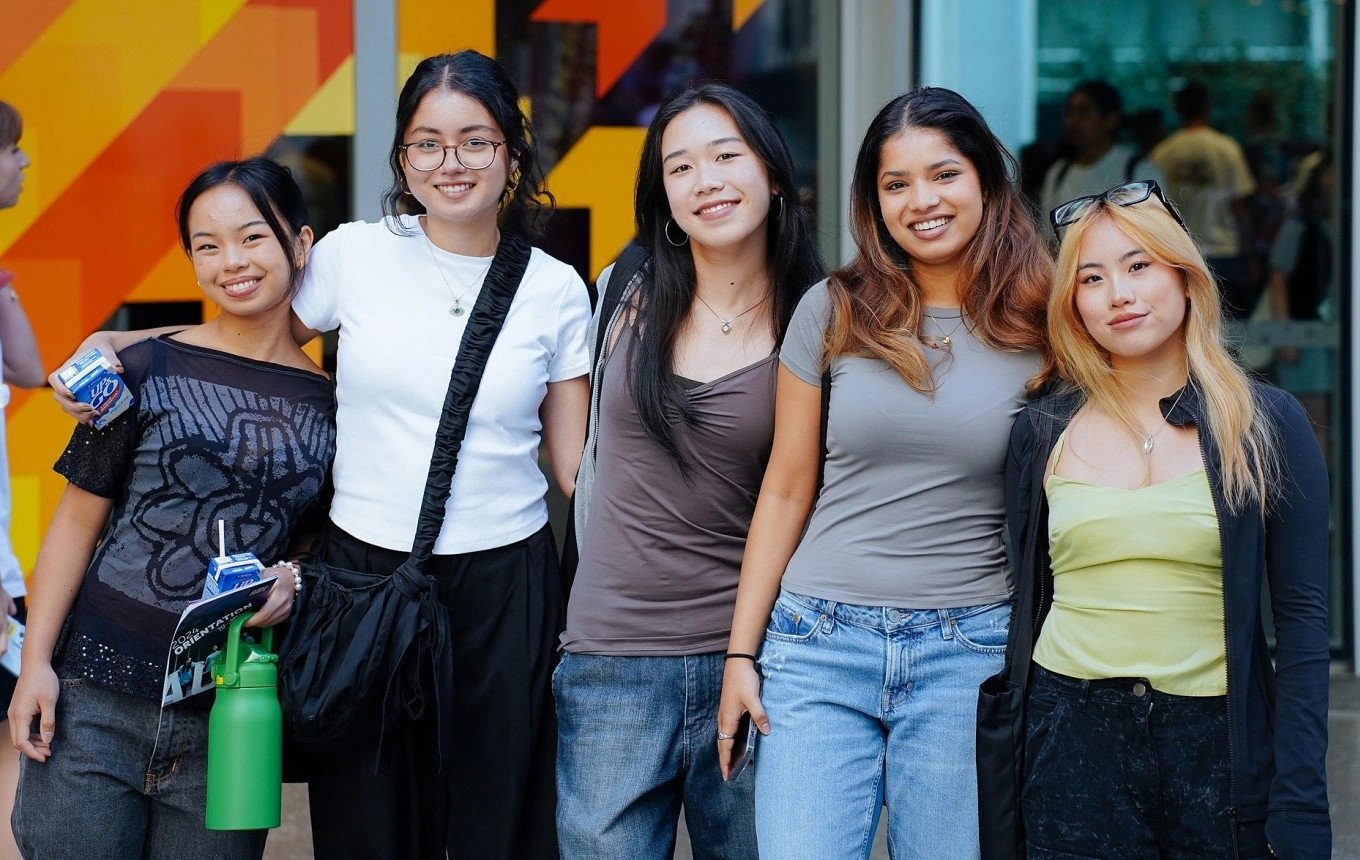
The New Zealand Government is currently expanding its intake of international students at post-secondary and postgraduate levels, particularly in engineering, information technology, business and healthcare .
Mr. Ben Burrows, Regional Director for Asia, New Zealand Education Agency, said that the government of this country has issued a "Green list" - a list of occupations that are lacking human resources, including Information Technology, Agriculture , Engineering... Vietnamese students studying these majors at university level can stay and work after graduation.
In addition, Mr. Ben Burrows also informed that from November 2025, high school students in grades 12 and 13 or university students can work up to 25 hours/week during the semester, instead of the current limit of 20 hours and can work full-time during the holidays.
“This policy is expected to help students increase their ability to cover their own expenses while studying abroad,” he said.
Considered a “key investment market”, many universities and technical and technological institutes in New Zealand have decided to apply a direct admission mechanism for Vietnamese international students.
Most schools offer direct admission based on the applicant’s high school academic results. This policy applies to graduates from all high schools, regardless of whether they are specialized or not.
“Vietnam is one of the few markets where New Zealand applies this policy. This is a recognition of the quality of education of Vietnamese students,” Mr. Ben Burrows explained.
According to statistics, the number of Vietnamese students in New Zealand is increasing rapidly. At the university level, the number has returned to pre-pandemic levels in 2019, while at the secondary level, it has increased by about 10% compared to the same period last year.
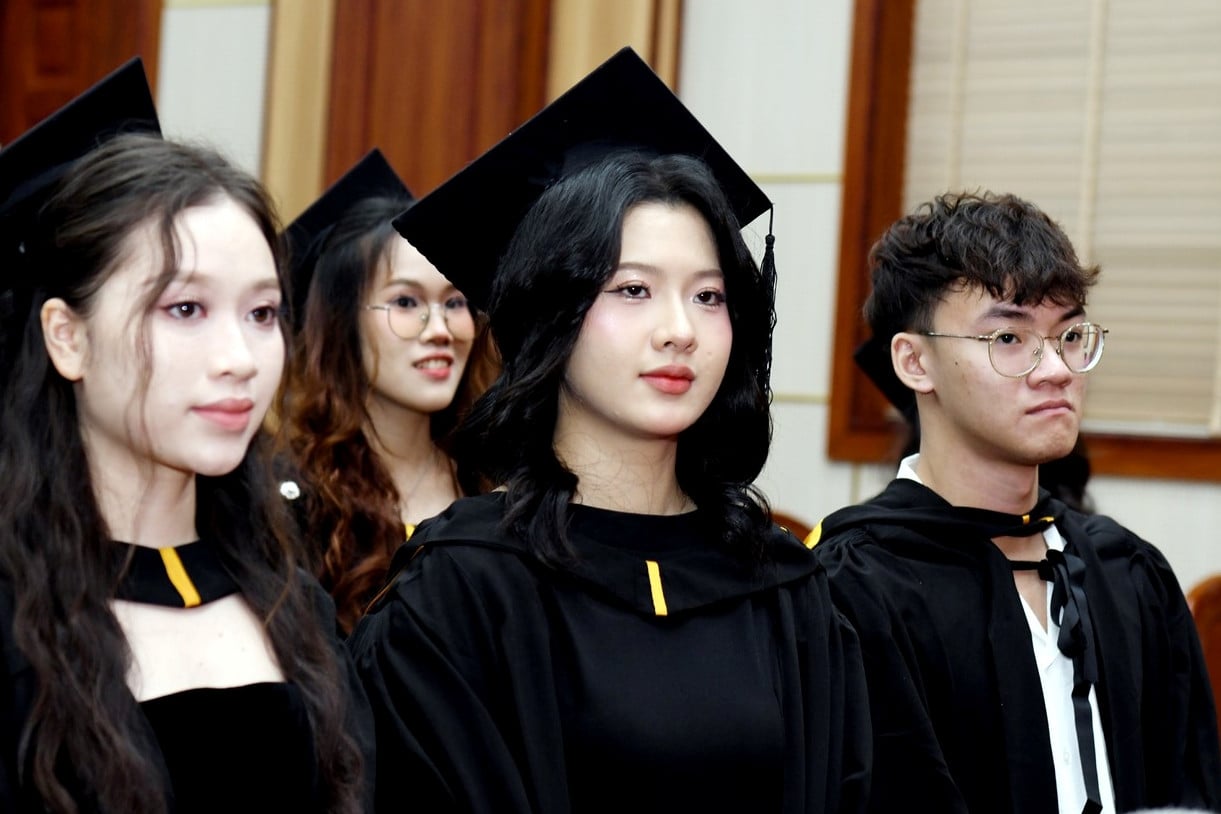
Source: https://vietnamnet.vn/can-bao-nhieu-tien-de-chung-minh-tai-chinh-khi-du-hoc-new-zealand-2451746.html












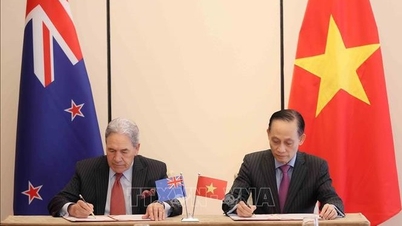

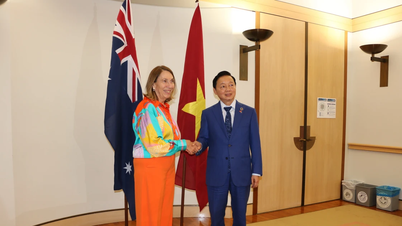



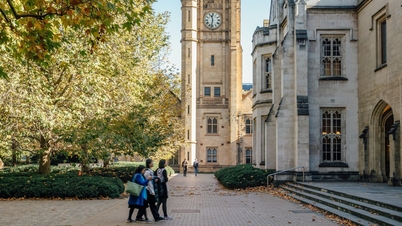




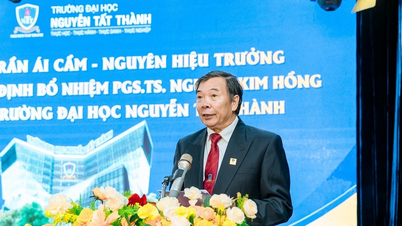


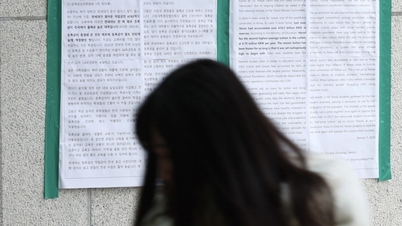










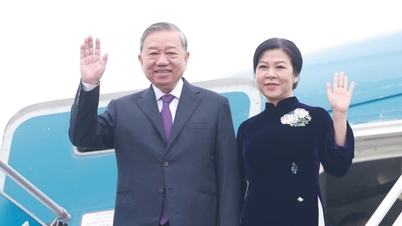





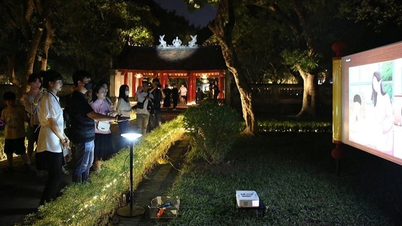








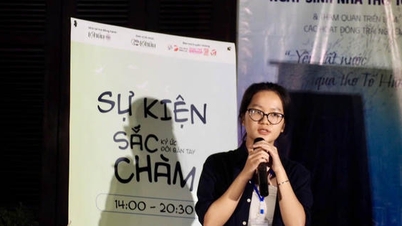


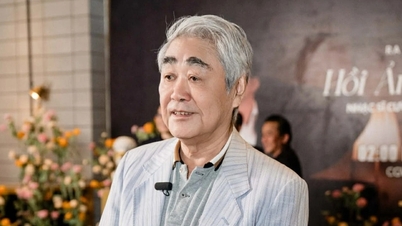
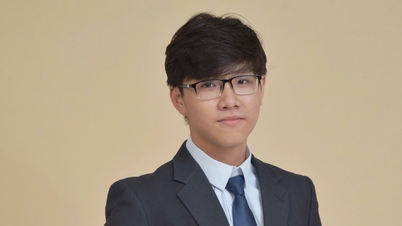

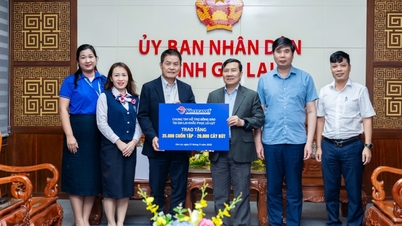


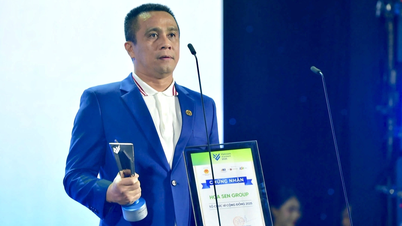









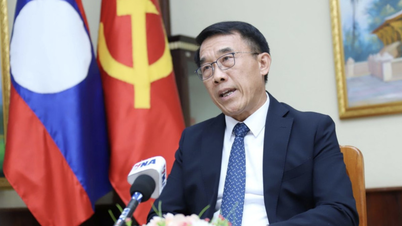




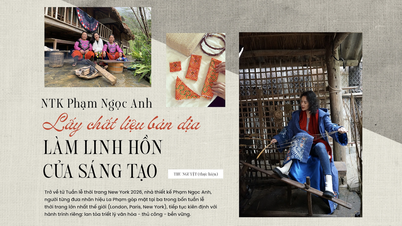




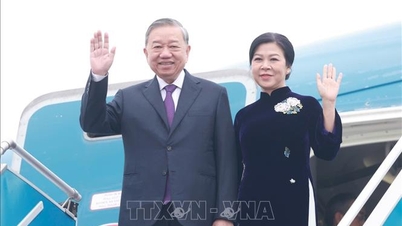



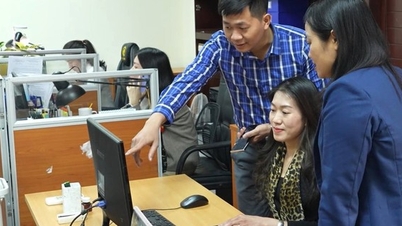
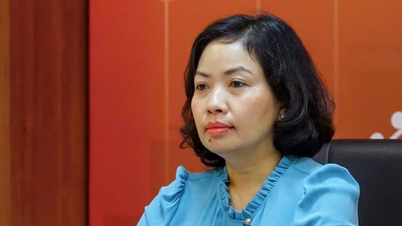

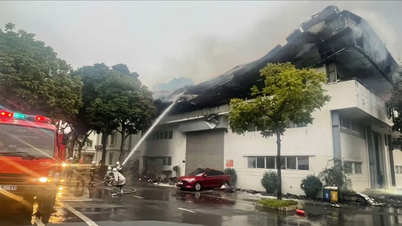

















Comment (0)